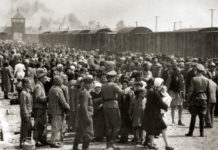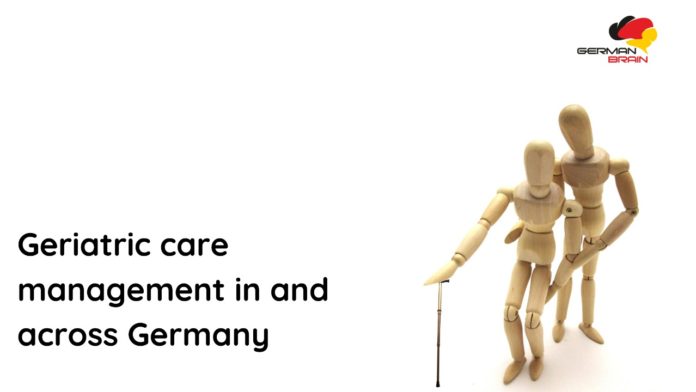In response to growing impediments in the care industry, Germany has been implementing staunch aspects by setting up a “Konziertre Aktion Pflege” or Concerted Action Care. This committee is led by the trio- the labour, health and family ministers. This committee is responsible for providing around 13000 healthcare workers and training them to equip them with all the means to care for themselves as well as the elderly.
Concerted Action Care focuses mainly on five important aspects in order to provide appropriate healthcare services for the elderly for their employees as well as the elderly. They are:
- Improved working conditions: The plan intends to give more free time to the carers. The safety of the employees, as well as the elderly, are exceptionally given a lot of emphases.
- Advanced training programs: According to the minister of family affairs, Franziska Giffey, the trainees should earn more as to not remain reliant on their parents. It also trains the caregivers to deal with the elderly with psychological deficits like Dementia and Alzheimers. Since the elderly begin to find simple tasks to be onerous
- Digitalization: Provision of pagers, handy alarms, hearing aids and advanced prosthetics to the employees to aid the aged, making it easy and barrier-free in terms of communication in the times of emergencies.
- Recruitment of professionals from abroad: People with health care degrees and immunity passports are granted the designation to care for the elderly from across the European continent.
- Salaries and Funds: Health Minister Jens Spahn has made a tariff commitment to pay 3000euros per month to the employees and the care for the elderly is funded by the government. The employees are given both the tax revenue and long term insurance while they work.
These above conditions denote that indeed Germany is much ahead of its contemporary countries in its approach to Geriatric care.
FACTS:
Around 3 million people receive elderly care across Germany every year.
By the year 2060, the 3 million figure is expected to be shifted to 4.5 million people receiving care in and across the Deutschland.
Profits from pensioners to deficits in staff, the shortcomings in the land of Germany with regards to Geriatric care:
With the main concern being the deficit of caregivers for the elderly, Germany has its own shortcomings in this particular field with pervasive nationwide staff shortages in nursing homes for the elderly German land is fast approaching the care crisis. It can be noted that around 15000 caregiver positions are unfilled in the current moment.
Due to thousands of homes being understaffed, enticing young people and making them fully equipped to work for the elderly with a sufficient amount of wages and incentivising them with time-based working hours is one of the most efficient strategies to adhere to.
- Differences across the German states:
The situation varies dramatically across the country. On an average for every 100 job openings in the elderly care sector, there are only 21 job seekers. In the states of Rhineland Palatinate and Saxony, the number can be determined to just 13 job seekers.






































